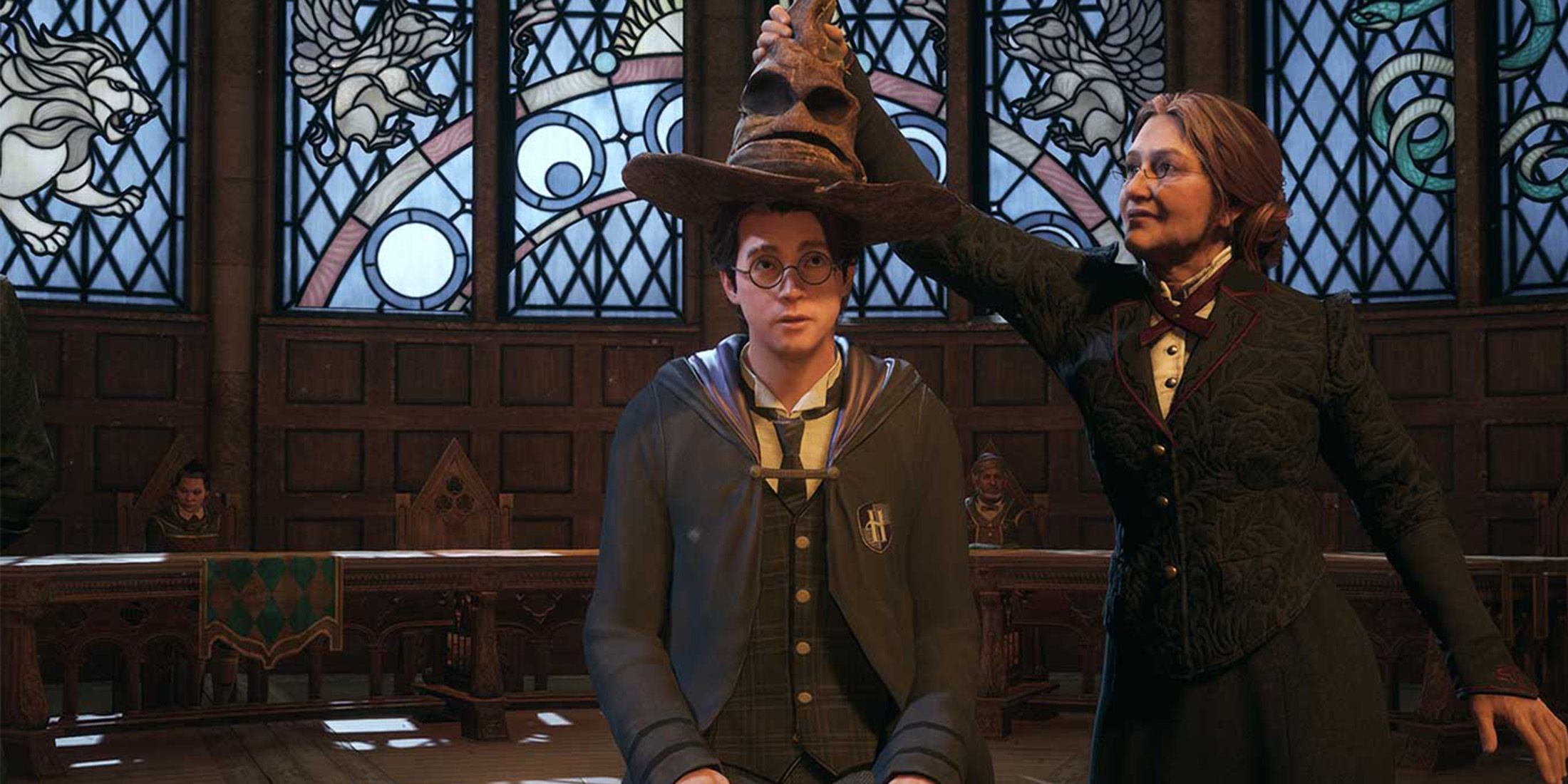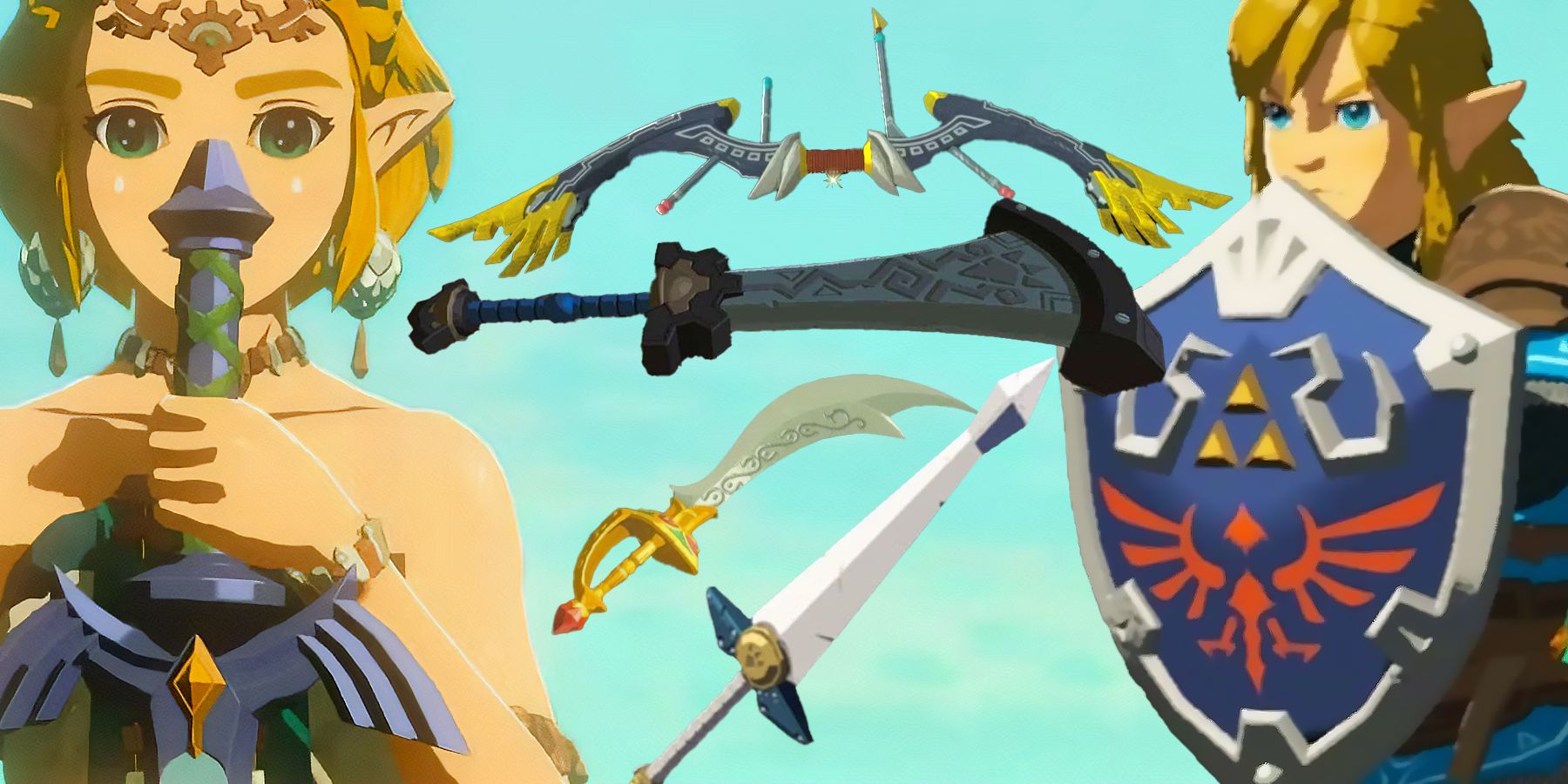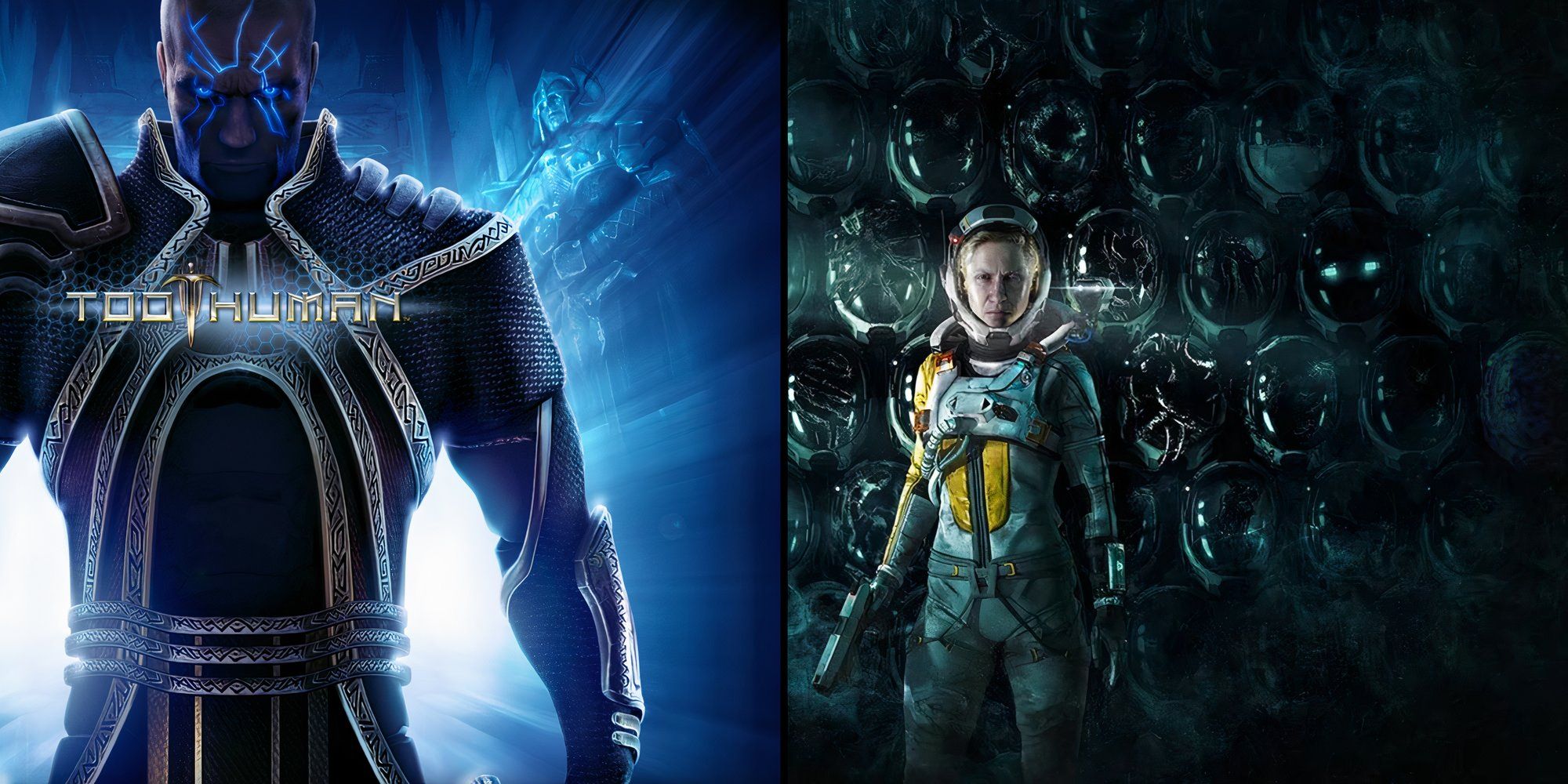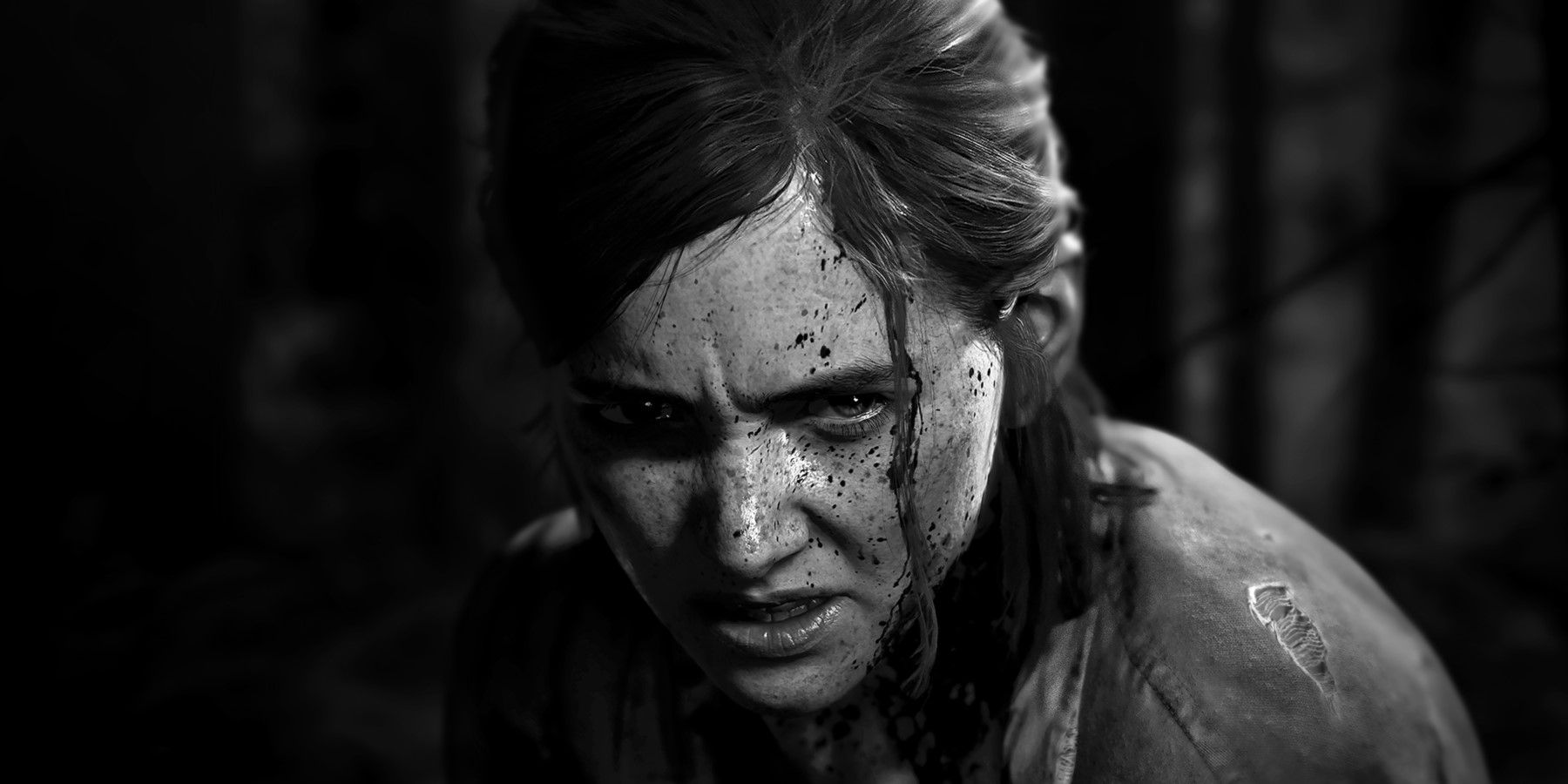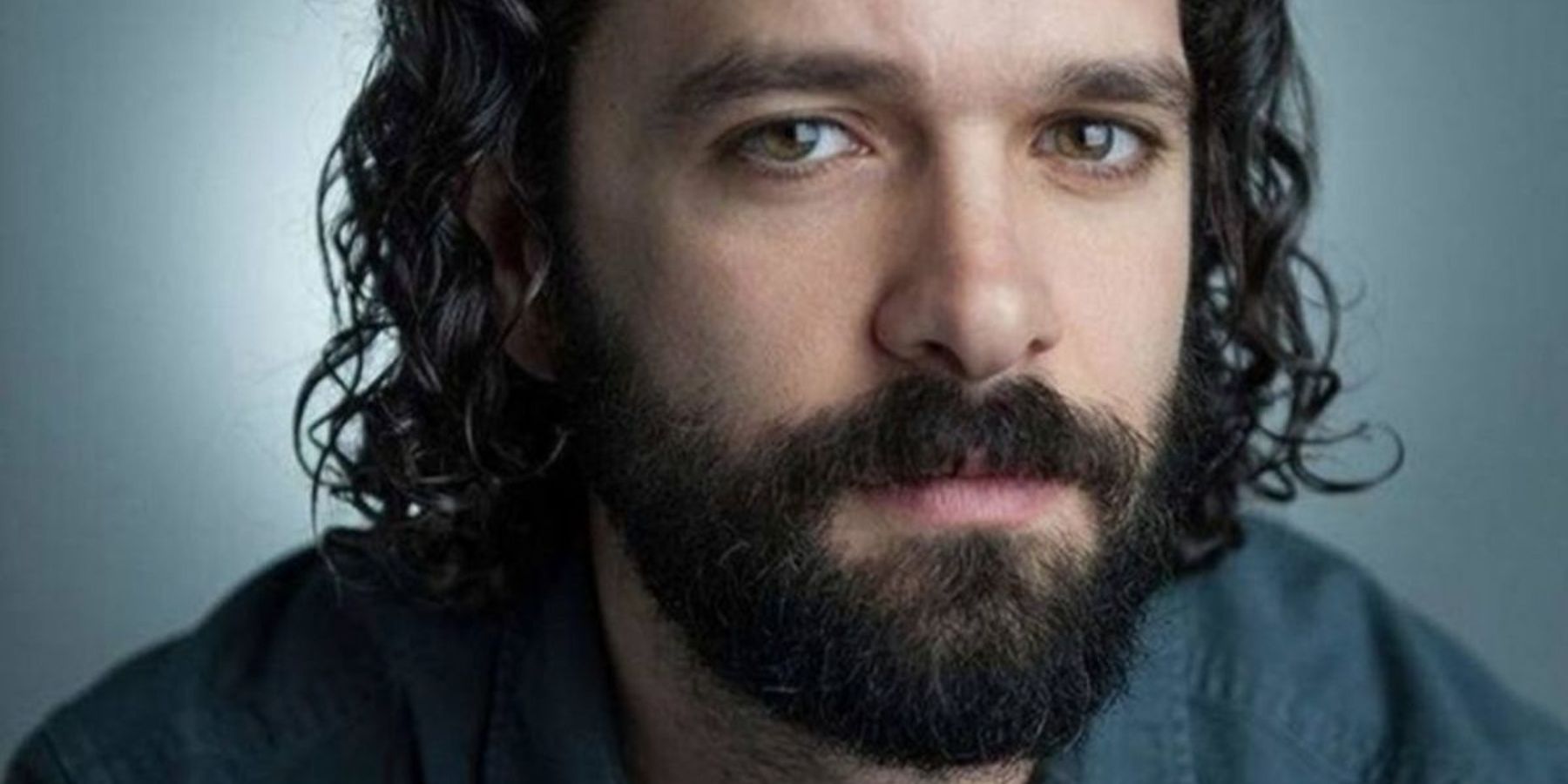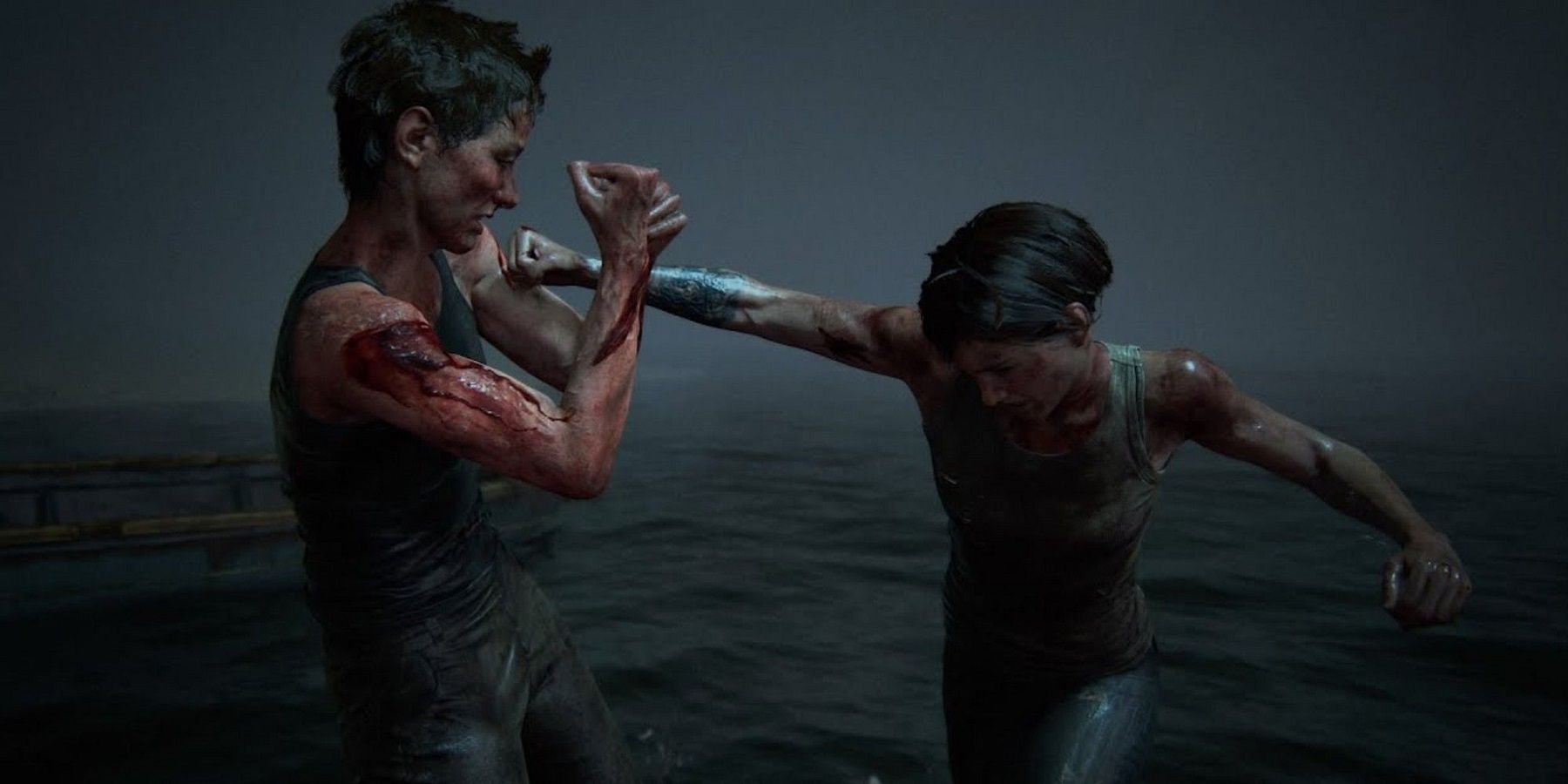Upon release, Naughty Dog's The Last of Us Part 2 proved to be quite a polarizing game. Many praised the sequel for its significant gameplay improvements over its predecessor. The ability to jump, go prone, and perform aerial attacks, make Ellie feel much more nimble and flexible, and the increased range of movement is complemented by the larger environments that are interactable and increase the game's verticality. Others also complimented the game's stunning visuals, immersive audio, and plentiful accessibility options. However, there was an equal amount of criticism lodged against the game's narrative choices that force players to question their views on beloved characters and re-examine their hate for certain antagonists.
Though a year has passed since the original release of the game, the themes explored in The Last of Us Part 2 continue to ring true, and will likely do so for a long time into the future. The game does take lots of inspiration from political conflicts of modern times, but it does so in a manner that remains relatable to the layman. Whether one is involved in large-scale conflicts or simple everyday disagreements, issues of revenge, victimhood, and empathy are evergreen problems that have always and will continue to affect humans.
The Conflict That Inspired The Last of Us Part 2
Although it may not be initially apparent, The Last of Us Part 2 draws inspiration from the Israeli-Palestinian conflict. Very briefly explained, following the Six-Day War of June 1967, Israel took control of the Gaza Strip. However, the Palestinians of Gaza resisted Israel’s occupation, leading to an uprising. By 1994, Israel had begun the process of transferring governmental authority of the Gaza Strip to Palestine.
Since the Battle of Gaza in 2007, an Islamic group known as Hamas has been in control of Gaza, and the land has become Palestinian territory. In recent years, conflicts between Israel and Palestine continue to affect the inhabitants of Gaza. This includes the Israeli-Palestinian conflict of 2014, which was catalyzed by the kidnapping of three Jewish travelers by members of Hamas, and quickly spiraled into a cycle of violence.
In an interview with The Washington Post, Neil Druckmann, who is a co-president of Naughty Dog, stated that the birth of The Last of Us Part 2 came from an experience he had in the year 2000. Druckmann, an Israeli-American, watched news footage of two Israeli soldiers being lynched by a crowd in the West Bank. The cheering of the crowd inspired hate and a desire for revenge within Druckmann and he, as he explains, thought the following: "Oh, man, if I could just push a button and kill all these people that committed this horrible act, I would make them feel the same pain that they inflicted on these people."
While such a reaction is not entirely unfathomable, Druckmann felt intense guilt and disgust with himself afterward. This led him to realize that much like love, hate is also an intense and universal emotion. Hence, in much the same way that The Last of Us explores ideas of love and what extremes it can drive one towards, The Last of Us Part 2 attempts to explore ideas of hate and how it can push people to take extreme action.
The Last of Us Part 2's Exploration of Universal Themes
While the Israeli-Palestinian conflict is largely removed from the lives of most The Last of Us Part 2 players, ideas and emotions that are central to both the conflict and Naughty Dog's game are certainly universal. In The Last of Us Part 2, Abby, who is the daughter of the surgeon Joel kills in The Last of Us, hunts Joel down and brutally murders in front of Ellie. Much like Druckmann, Abby simply wants to make Joel feel as much pain and suffering as he inflicted on her and her father. From Abby's perspective, she is a victim responding in kind to an aggressor.
Abby's actions have an unexpected effect, however. With Joel dead, she leaves Ellie feeling as though she is a victim. Ellie, like Druckmann, then feels the desire to pursue what she deems "justice" and seeks to inflict pain and suffering on Abby, who has become the target of her hate. Without either Abby or Ellie noticing it, they have begun a cycle of violence that is incredibly difficult to halt.
Such cycles replicate themselves in everyday life, including in the workplace and within families, with violence often substituted for verbal hostility. When one party views themselves as the victim of an aggressor, anger, and hate, cloaked as righteous indignation, can spark the desire to retaliate in some way, either through harsh words, the silent treatment, or some other form of punishment. However, as is the case in The Last of Us Part 2, taking such action can lead to unintended side effects and the spark of a cycle of revenge.
However, there is a way to break this cycle, and it is one that Ellie only discovers when it is far too late. Author Sarah Schulman perfectly encapsulates this solution when she states the following: "I can see multiple moments in each day when I have the option to act hurt, to act put-upon, to be offended, to make accusations. Anyone can point to any little thing and turn it into a moment of outrage simply by calling it so."
However, there is a corollary to this: "While unrecovered trauma is so often a prison of inflexibility, some people do have choices about how to respond. And someone else might make that shift possible by daring to imagine what to us may feel unimaginable. Which can be love."
The Last of Us Part 2 is available now on PS4.

